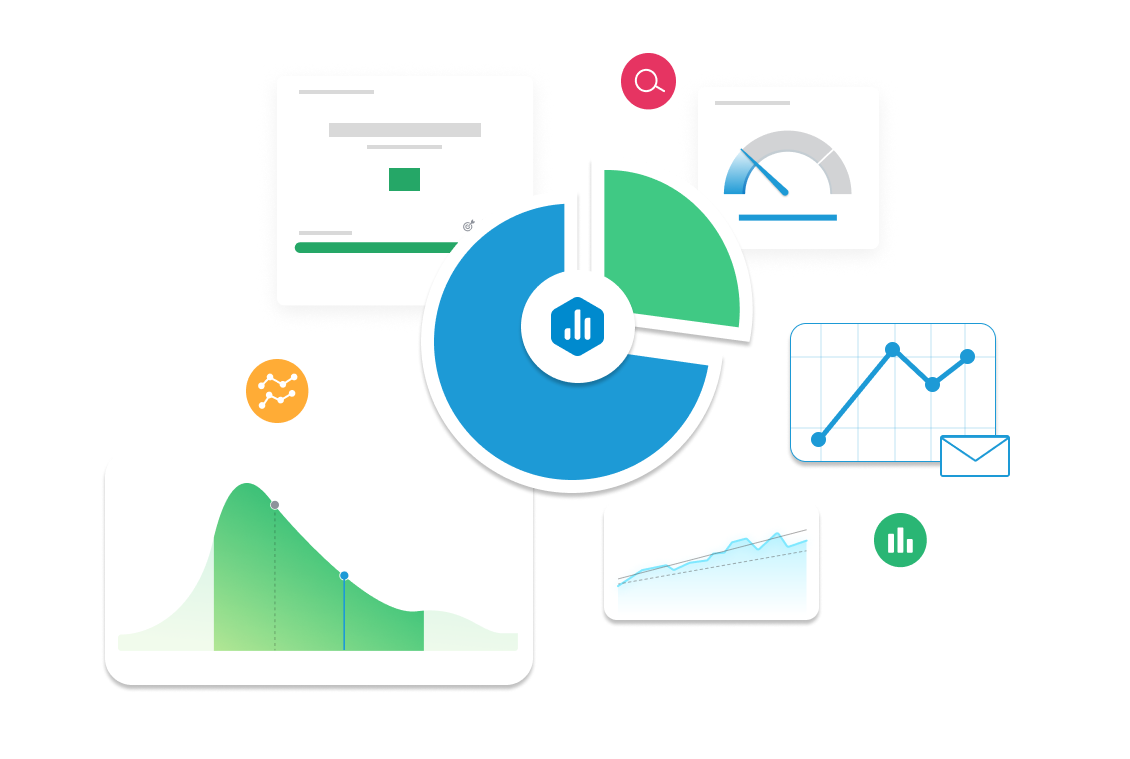Time on Page
Discover how Time on Page tracks how long users spend viewing a single page on your website. Learn how to measure, analyze, and improve this KPI to boost engagement and content performance.

| Category |
Marketing |
|---|---|
| Type |
Leading Indicator |
| Calculation |
|
| Measure |
Tracks the average duration users spend on a single page, helping assess how engaging and informative the content is. |
| Data Sources: |
Google Analytics (GA4), Adobe Analytics, Hotjar, Microsoft Clarity, Mixpanel, Matomo. |
| Frequency |
Tracked weekly or monthly to evaluate performance trends across landing pages, blog posts, product pages, etc. |
Example target
Increase average time on key blog pages to 2+ minutes in Q3 by adding multimedia, improving content structure, and linking to related articles.
Example Reports Use Case
A Content Marketing Manager monitors Time on Page to determine if users are engaging with blog content. If time is low, they might revise formatting, improve readability, or add interactive elements.
What is Time on Page
Time on page measures how many seconds a visitor remains on a web page. If they exit after viewing that single page, no time is recorded. According to Google Analytics, this metric represents the average time users spend on that page.
Here is an actionable example. The time on a page was 15 seconds. We revised the first paragraphs for improved readability and added a key takeaways section. Visitors spent more seconds reading, which pushed our average to 45 seconds. Time on page can reveal weak spots in your content. Adjust your headlines, formatting, and calls to action to keep readers engaged and boost their overall experience.




